It is impossible to overestimate just how good Alan Hansen was.
Growing up, I was told stories of how Hansen and Mark Lawrenson formed the best centre-back partnership Liverpool ever had.
I was told of how he was a defender ahead of his time – a cultured centre-half in the 1980s wasn’t a common sight in English football.
Hansen was the best reader of the game around and he was the best on the ball too. With an innate ability to stride out of defence and push his team on when needed, he was the forerunner to the modern-day defender.
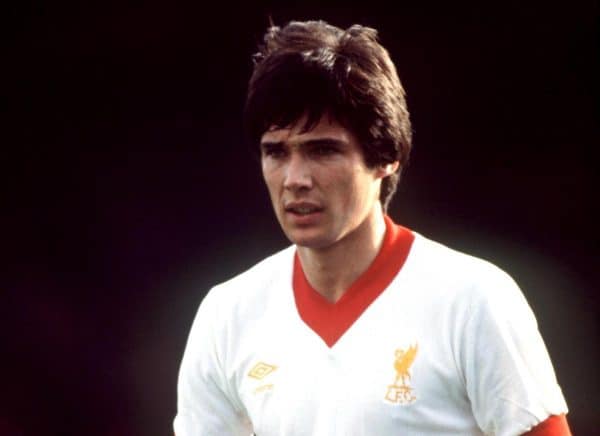
One moment in particular stands out for his innovation and it came in April 1980, when soon-to-be champions Liverpool were playing eventual runners-up Man United.
The Reds lost the match 2-1 at Old Trafford, but the day is remembered for the brilliant piece of thinking shown by Hansen to beat the hosts’ offside trap.
Receiving the ball on the halfway line, Hansen was charged at by a swathe of opposition players, like the Dutch 1974 team did so effectively, but the centre-back had the presence of mind to chip the ball delicately over the onrushing red shirts.
He then ran onto his own pass and squared to Kenny Dalglish, who inexplicably produced surely the worst miss of his career in front of an open goal.
That moment of magic is just one example from a career full of brilliant moments that showcased his footballing brain.
It seemed natural, then, that he would go on to have a career in the game after retiring. He found his home on television, appearing as Match of the Day’s chief pundit for 22 years before retiring in 2014.
One of his most famous lines was, of course, the “you’ll never win anything with kids” comment, made in 1995 about a young Man United side that would eventually reach the top of world football.
In hindsight, it was a clear misjudgment but, from the sentence, you can still hear his passion in those words.
He spoke about the game, defending in particular, with a love for its intricacies and simplicities, its logic and its quirks.
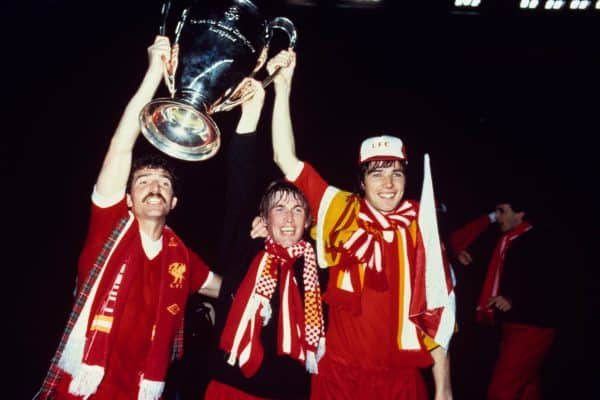
He had one of the best footballing brains of his era but was still able to explain the game’s changing nature to the general public, in his grizzly-but-endearing northern Lowlands accent.
Born in Sauchie, a town just east of Stirling, Hansen grew up a well-rounded sportsperson who represented his country in volleyball, squash and golf.
It was the latter that nearly took him away from a career in football, as he considered turning professional after reaching the age of 16 boasting an impressive handicap of two.
In the end, he signed for his brother’s Glasgow club, Partick Thistle, and played 120 times before being brought south of the border by Bob Paisley in 1977.
The Scottish international won everything with Liverpool and did so multiple times. His trophy cabinet boasts eight league titles, two FA Cups, three League Cups and most impressively, three European Cups.
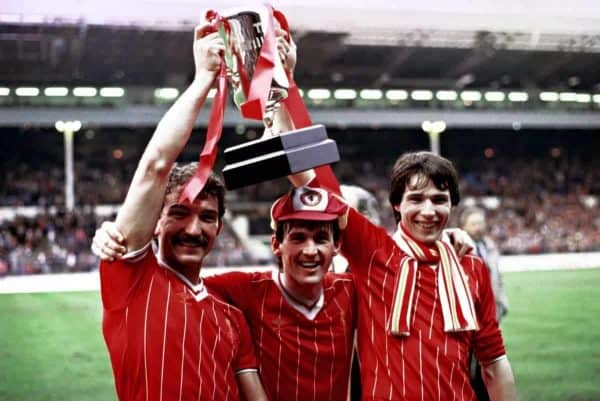
On an individual level, he was voted into the PFA Team of the Year every season from 1982 until 1990, except in ’85 and ’87.
On the international stage, though, like many of Liverpool’s players from the era, he was less influential.
For Scotland, he earned just 26 caps and was made to watch on while the Aberdeen partnership of Willie Miller and Alex McLeish played under both Jock Stein and Alex Ferguson’s stewardships.
This was in part down to their brilliance as a pair, but it was due also, according to Ferguson, to him withdrawing from the squad with niggles.
Hansen would often stay at Liverpool and perhaps it extended his time at the top level as a Red.
He was a player who simply loved his club and his adopted home loved him back.
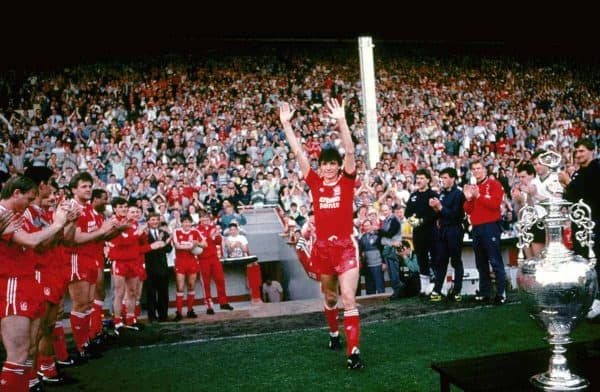


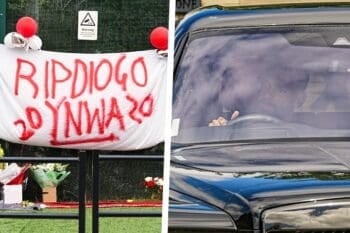



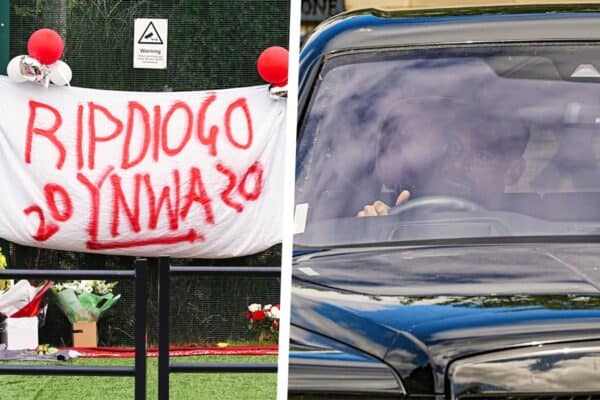


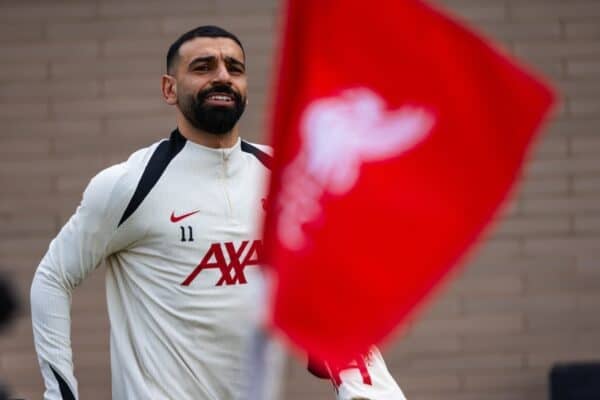

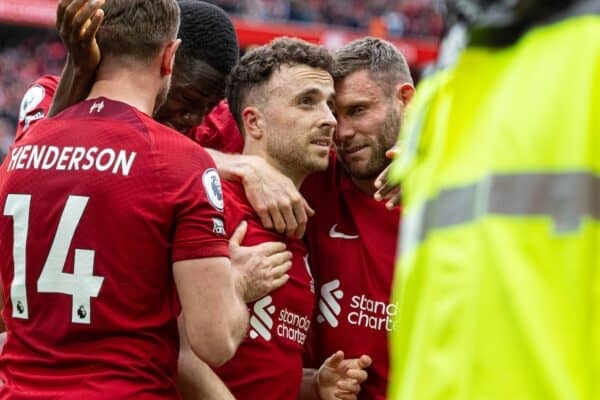




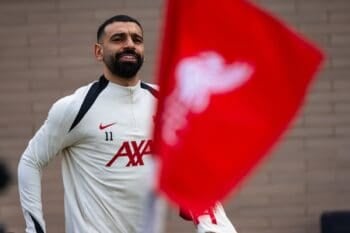
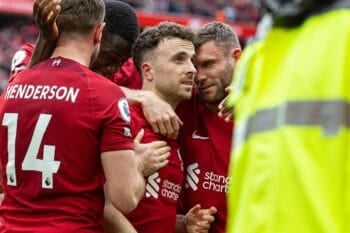
Fan Comments